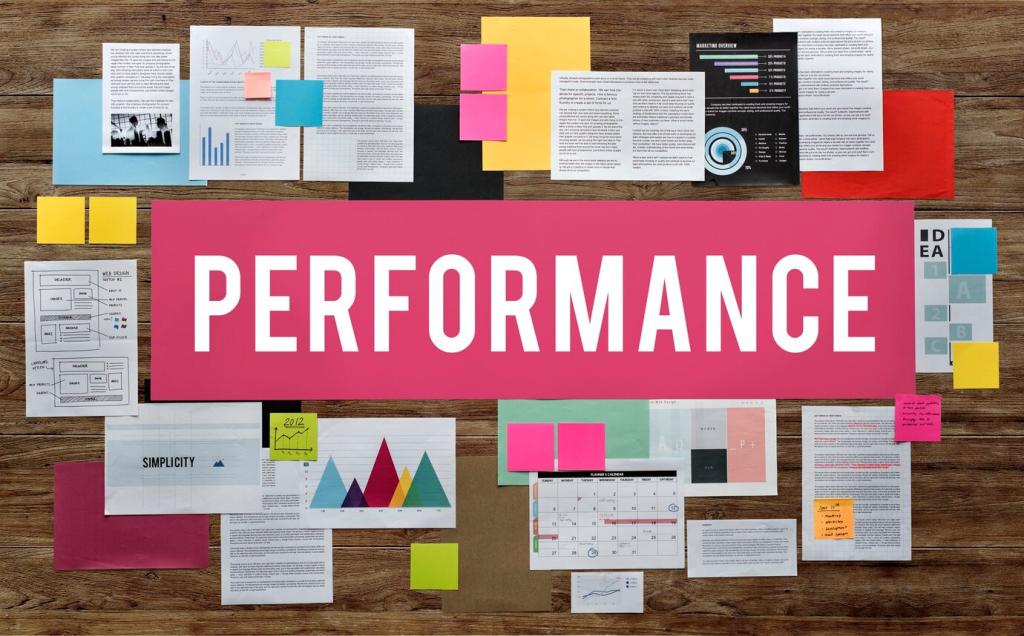Investing Today: The Long-term Economic Benefits of Social Policies
Chosen theme: Long-term Economic Benefits of Social Policies. Explore how smart, inclusive policies compound value across generations—boosting productivity, stabilizing budgets, and unlocking human potential. Join the conversation, subscribe for fresh insights, and help shape a more resilient economy.
Why Social Policies Pay Off Over Decades
When children grow up healthier and better educated, they enter the workforce with stronger skills, higher productivity, and greater earning power. Their gains ripple outward, lifting families, neighborhoods, and future tax revenues across decades.


Early childhood investments
High-quality early learning, nutrition, and parental support build foundational skills that persist. Children gain cognitive and socio-emotional strengths, reducing later remediation costs and raising lifetime earnings, which ultimately strengthens the broader economy.

Health access and productivity
Accessible preventive care and mental health services reduce absenteeism and presenteeism, enabling steady output and lower employer costs. Over the long horizon, healthier workers innovate more, switch careers more smoothly, and adapt faster to changing technologies.

Reskilling for a changing market
Well-designed training and transition assistance help displaced workers move into growth sectors. Communities benefit from lower unemployment durations, stronger local demand, and a deeper pool of adaptable talent ready for tomorrow’s industries.
Fiscal Sustainability and Social Return on Investment
Preventive interventions often reduce future spending on emergency healthcare, homelessness responses, and criminal justice. Over time, those avoided costs accumulate, freeing budgets for infrastructure, research, and additional high-return investments.

Entrepreneurship through security
Predictable healthcare, childcare, and income supports lower the personal risk of starting a business. When more people can try new ideas, markets become more competitive, resilient, and inventive, spurring job creation and local vitality.

Strengthening the middle class
When inequality falls and mobility rises, broad consumer demand grows steadier. Businesses plan with confidence, invest in capacity, and compete on quality rather than short-term cost cutting, improving productivity and long-term wages.
Resilience to Shocks and Structural Change
Timely supports prevent long-term detachment from work. By maintaining attachment, workers retain skills, employers avoid costly rehiring, and communities keep their economic networks intact for a faster, healthier recovery.
Resilience to Shocks and Structural Change
Programs that build local networks—libraries, community colleges, and workforce hubs—create trusted pathways to assistance and opportunity. In crises, these institutions coordinate quickly, reducing disruption and accelerating the return to stability.
Resilience to Shocks and Structural Change
Training, relocation aid, and temporary income supports smooth transitions from declining sectors to emerging ones. With the right scaffolding, regions reinvent themselves, keeping talent local and preserving long-term regional competitiveness.



Have social policies shaped your education, health, or career? Tell us what worked, what did not, and what should change. Your story can guide better investments and smarter choices.

